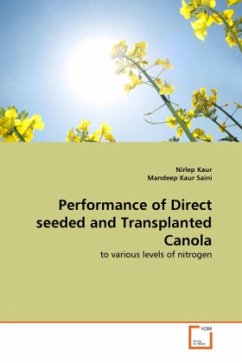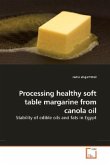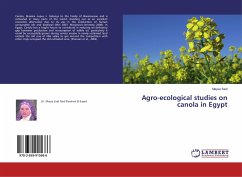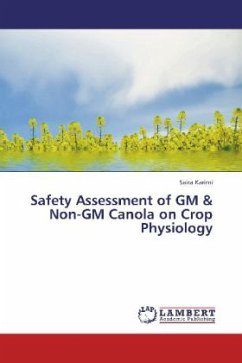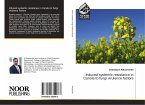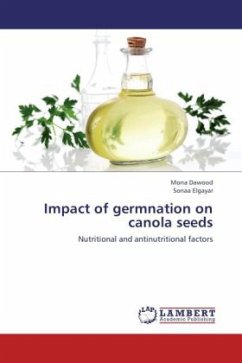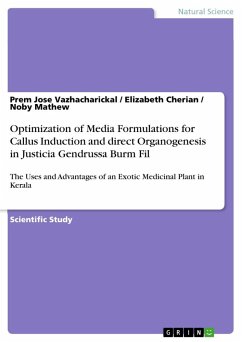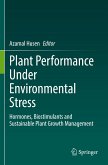Canola is genetically improved version of rapeseed and is low in both erucic acid and glucosinolates, which distinguish it from ordinary rapeseed. As far as method of sowing is concerned, due to intensive cropping system oilseeds crops are generally sown in fields vacated by rice, cotton and potato etc. where late sowing of canola is done. Any deviation from optimum time of sowing may adversely affect growth, development differently under different environmental conditions and these conditions are subjected to change with varying date of sowing. Thus, there is need to assess the planting technology for canola and its comparison with the conventional planting technique of direct sowing of seed. Fertilizer availability and its application is another constraint in agriculture production. Nitrogen promotes vegetative growth, photosynthesis and is an important constituent of protein. Nitrogen may also affect the oil content, protein content and fatty acid profile. Nitrogen has much endurance on crop growth rate and its effect in relation to planting methods forms another aspect having a great bearing on yield.
Bitte wählen Sie Ihr Anliegen aus.
Rechnungen
Retourenschein anfordern
Bestellstatus
Storno

